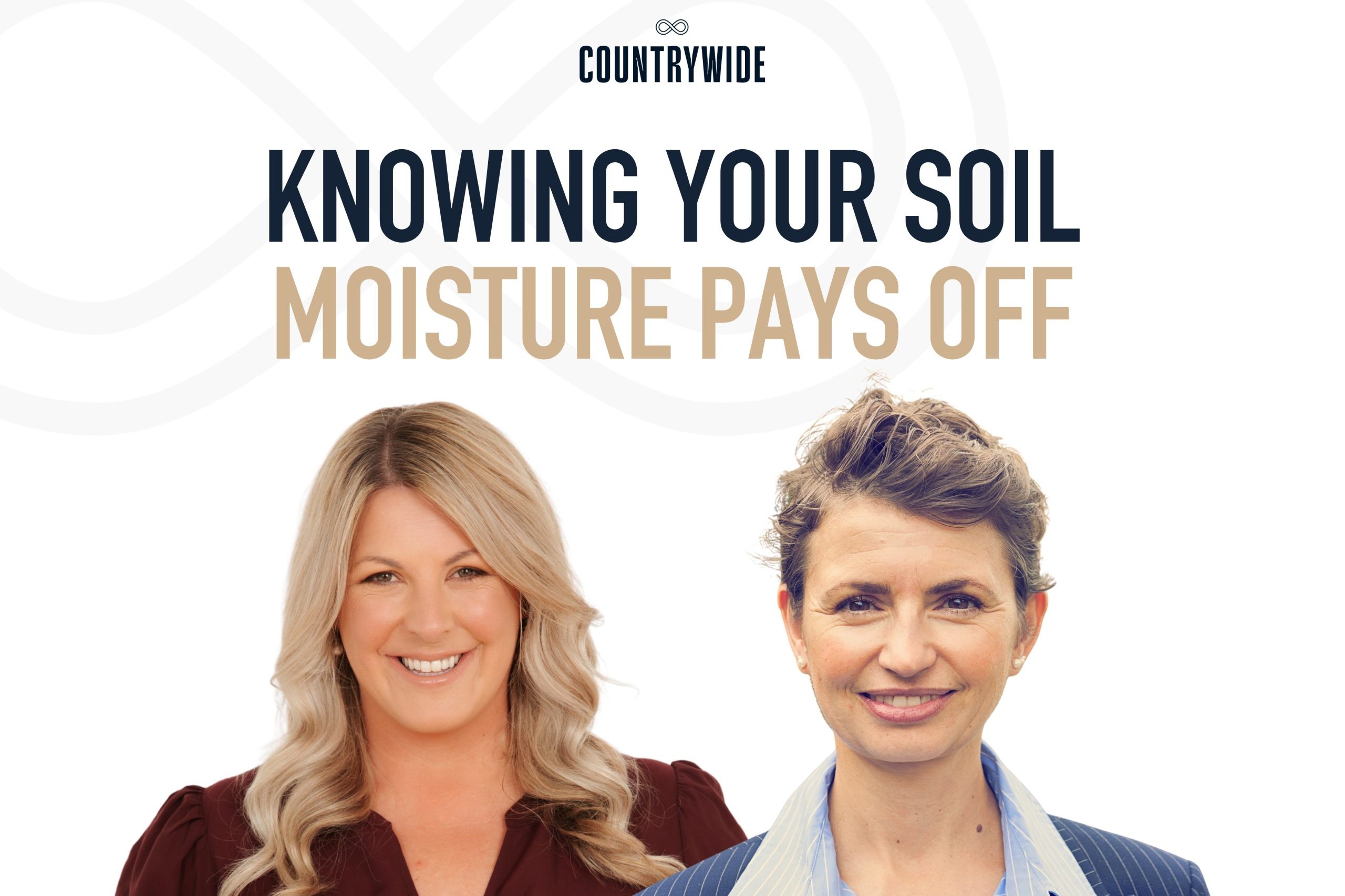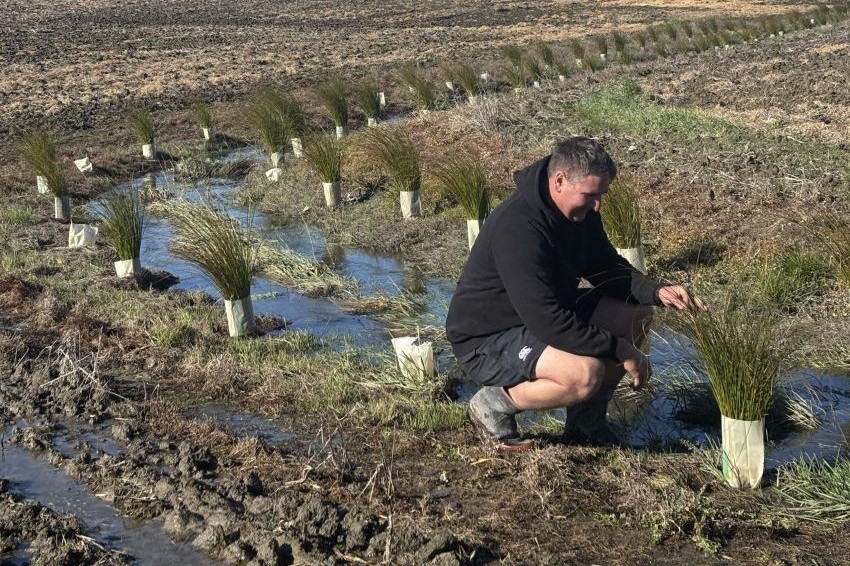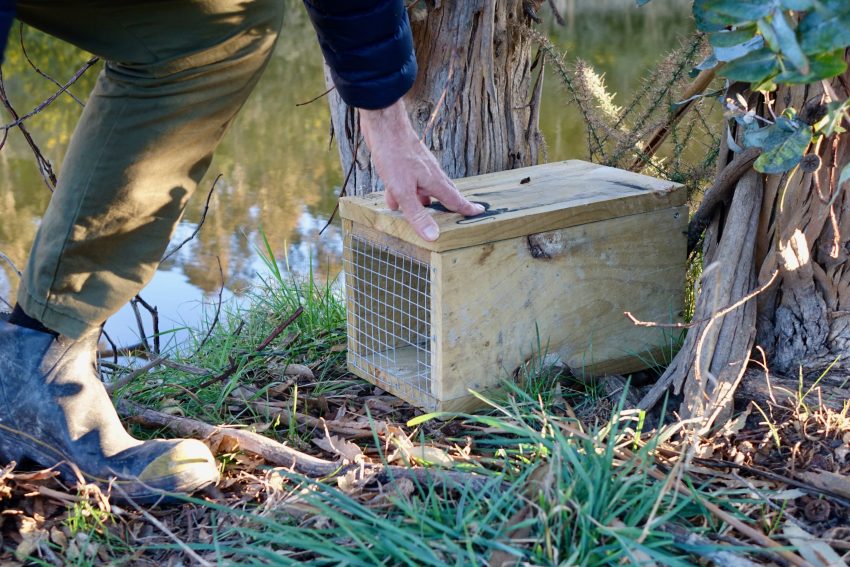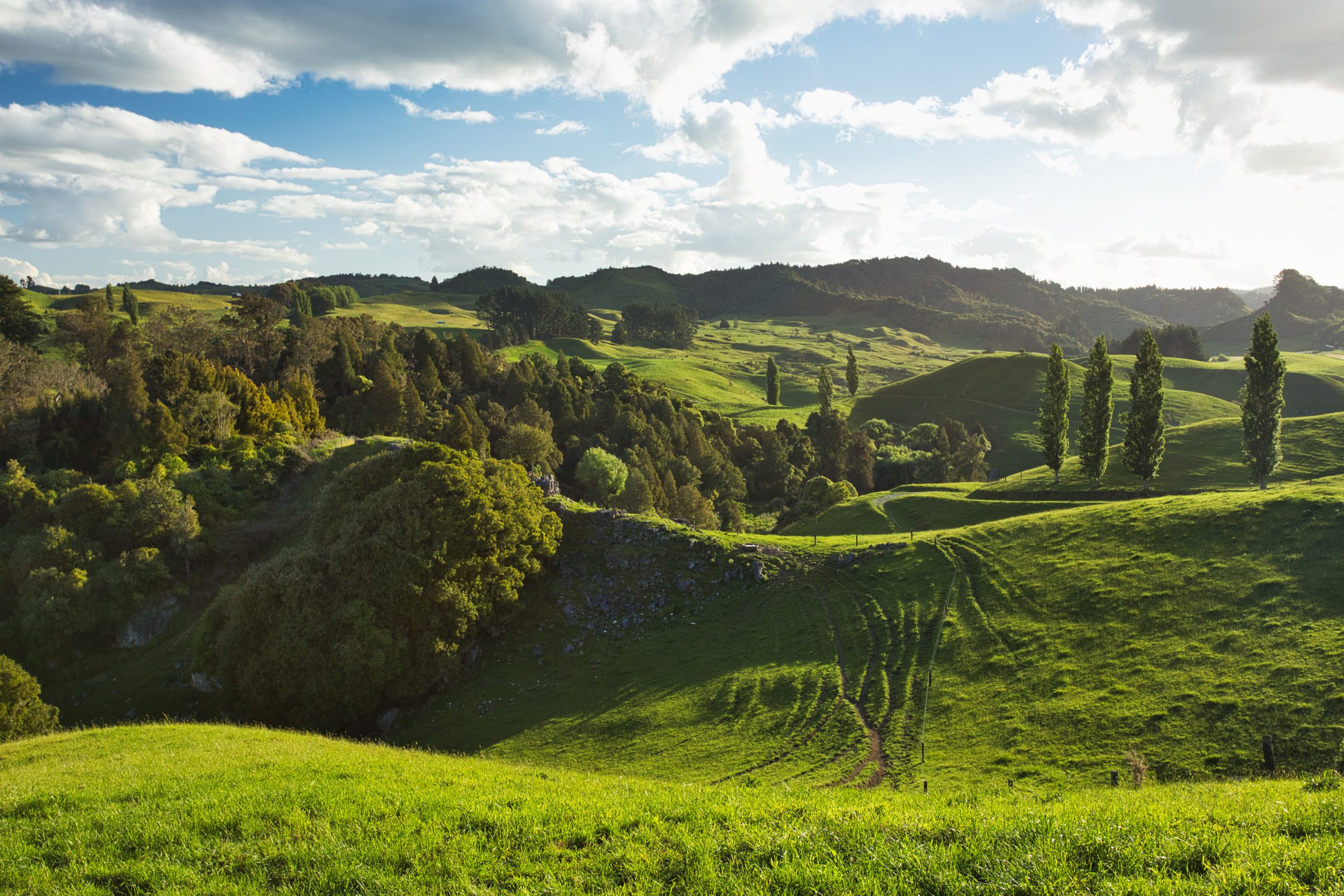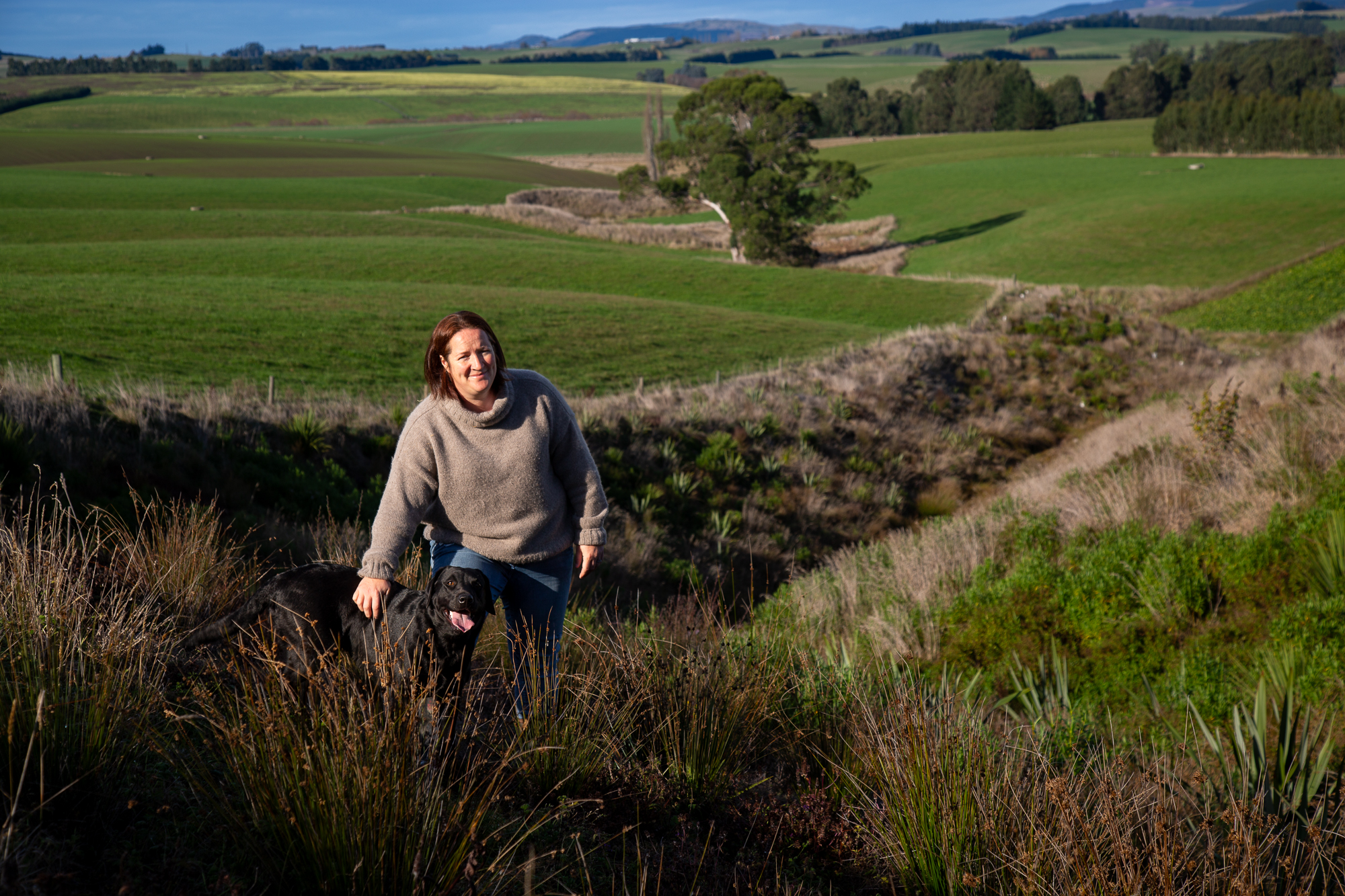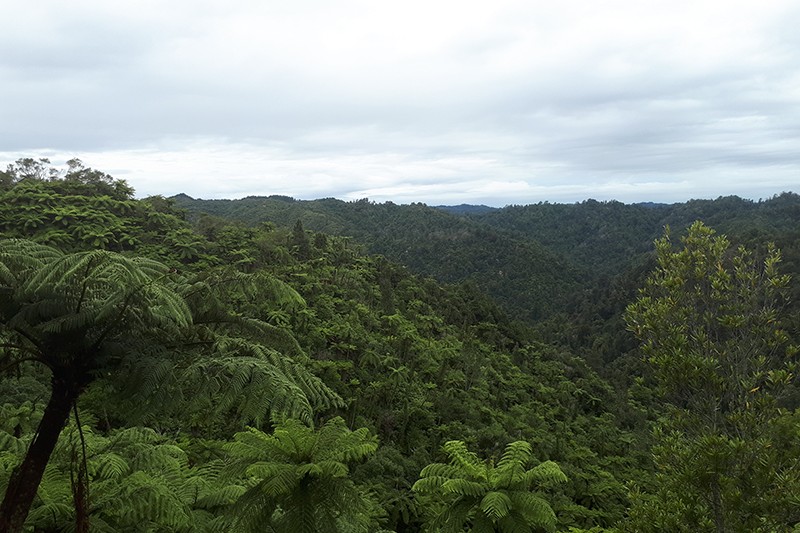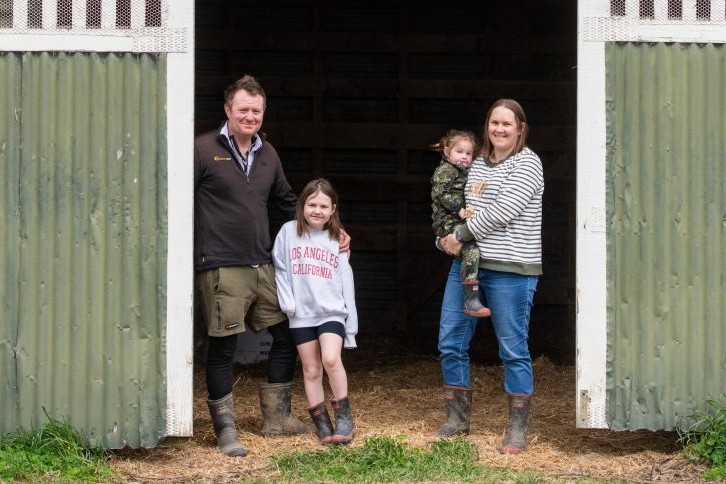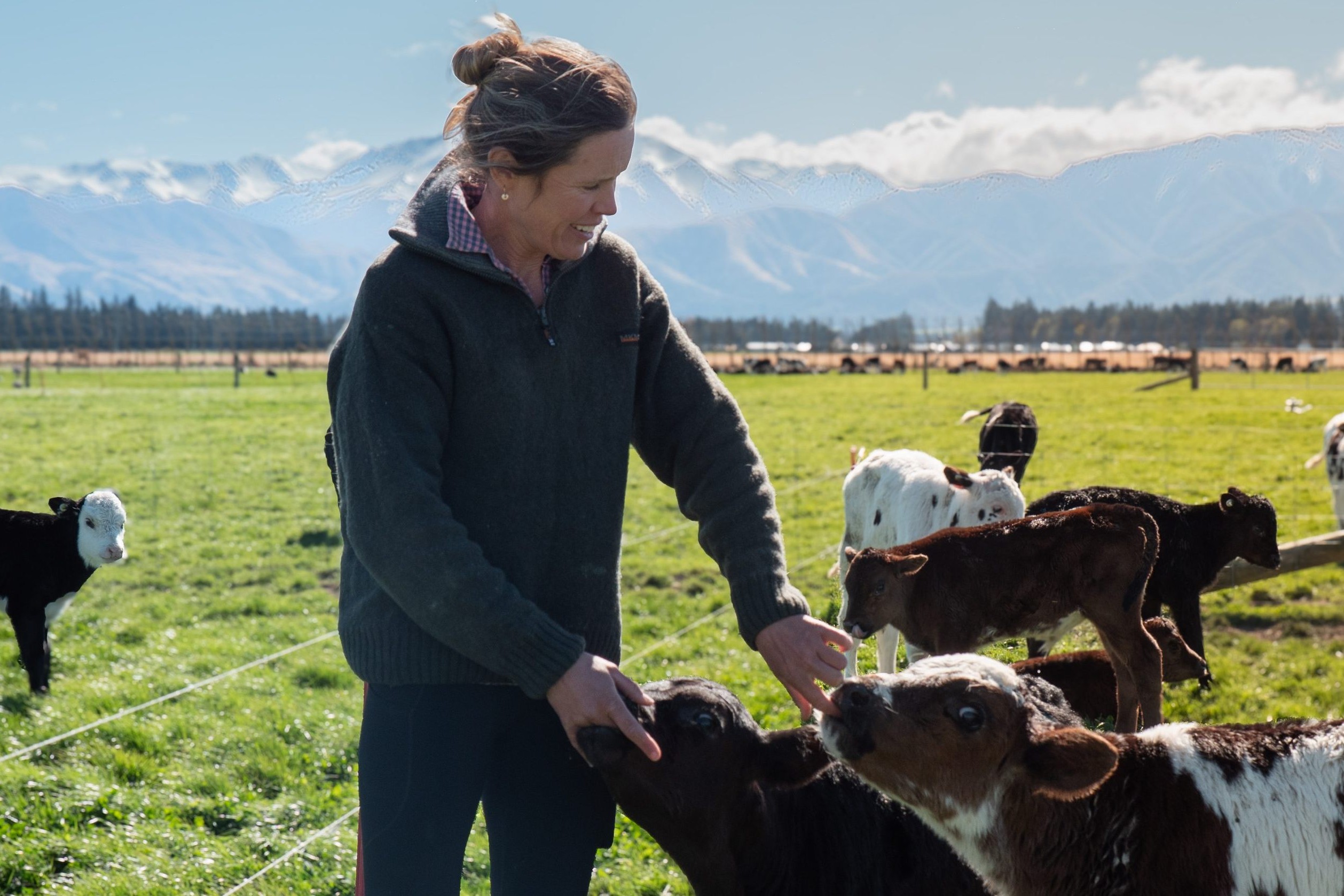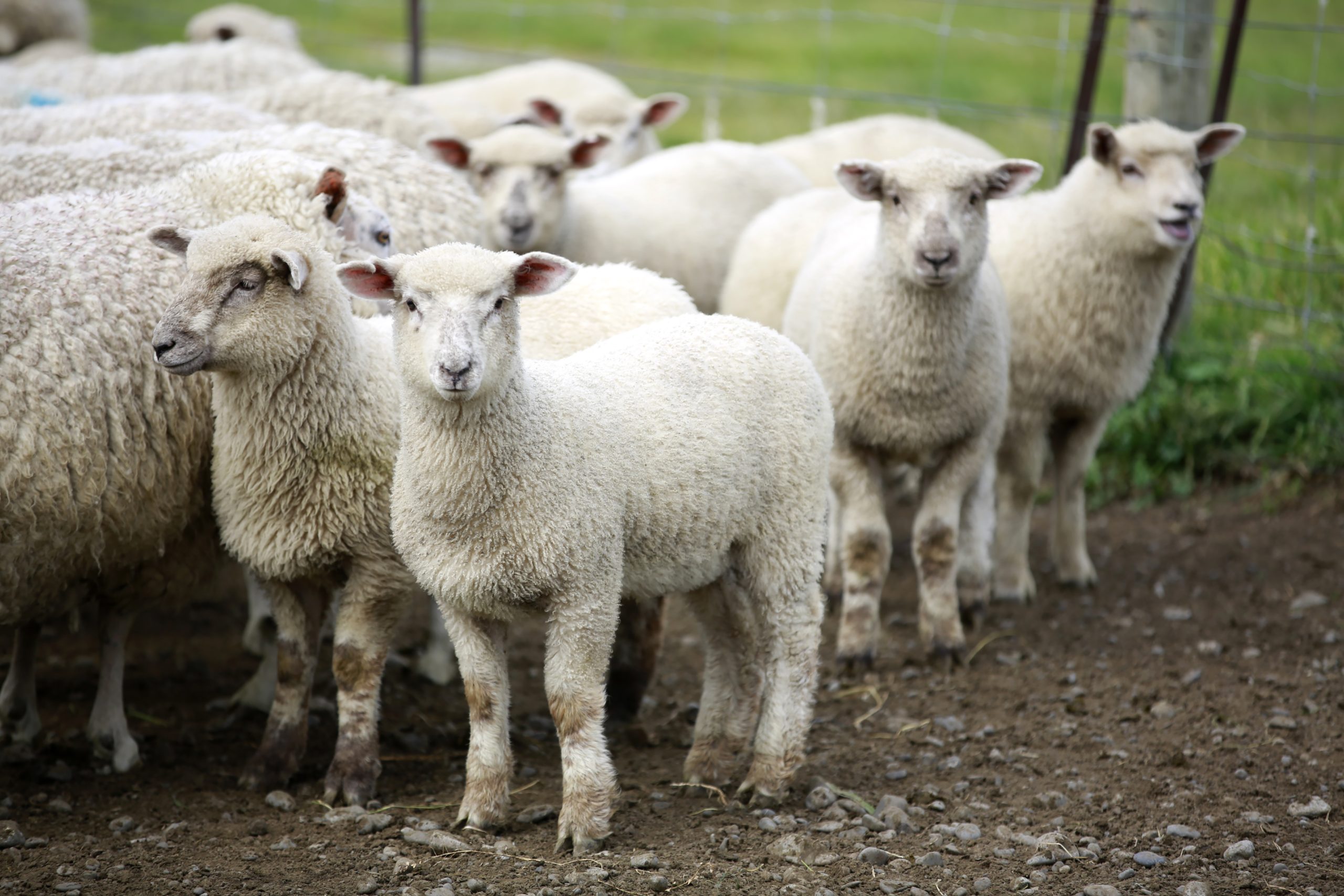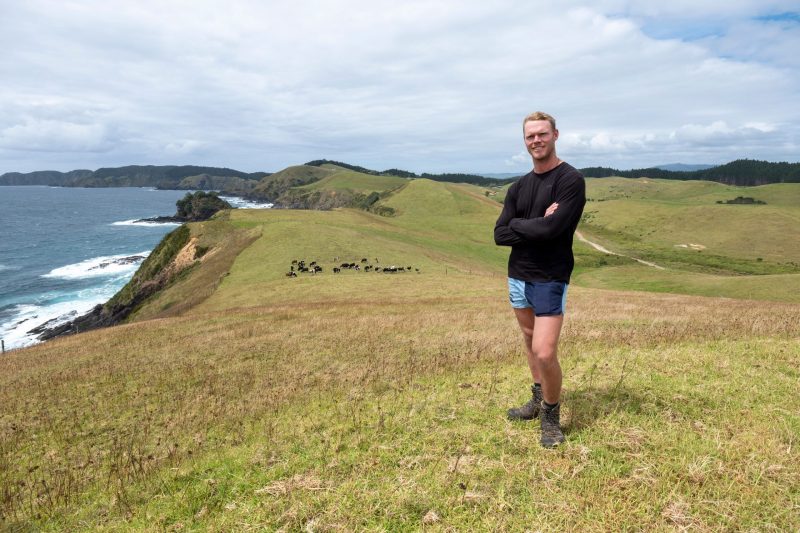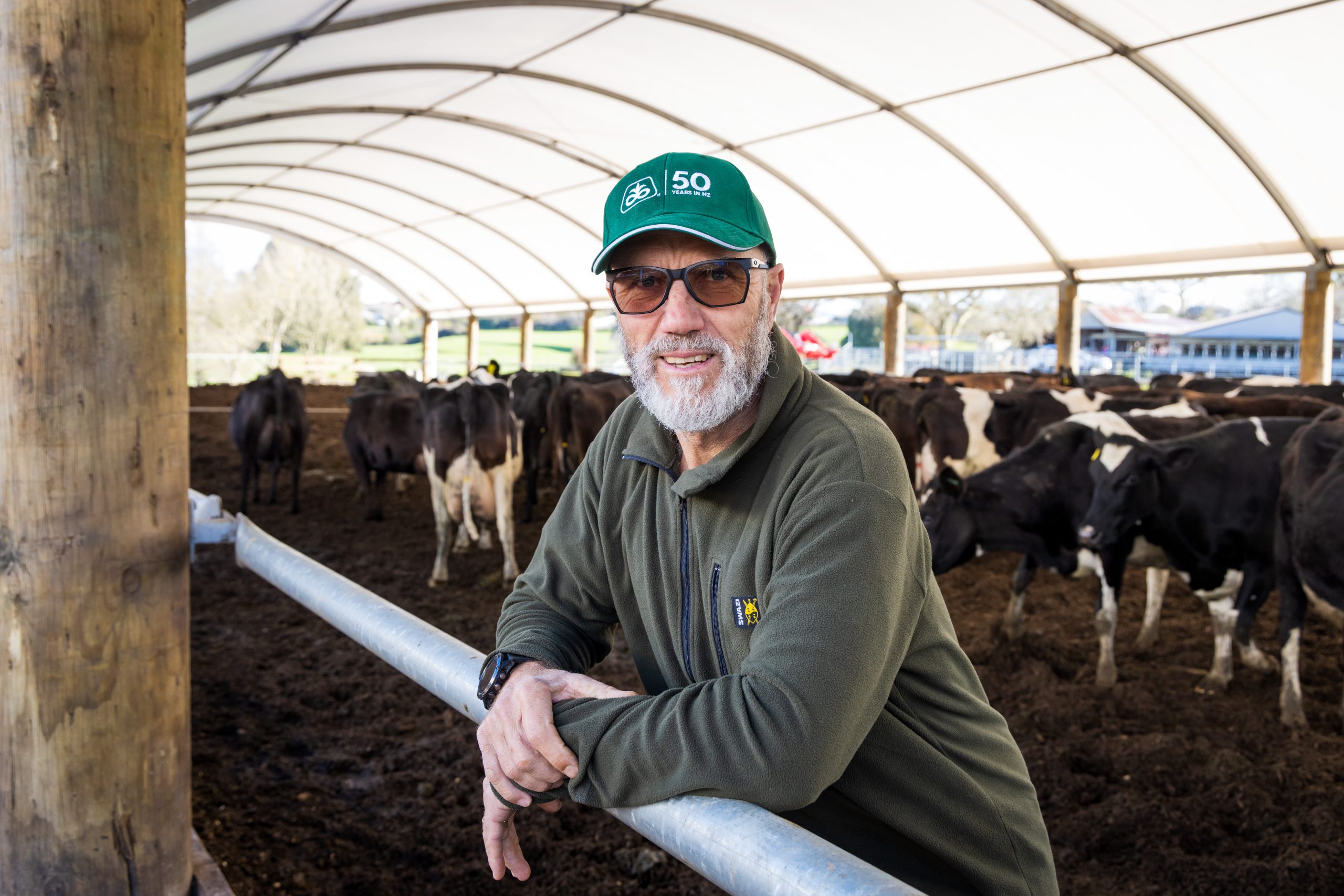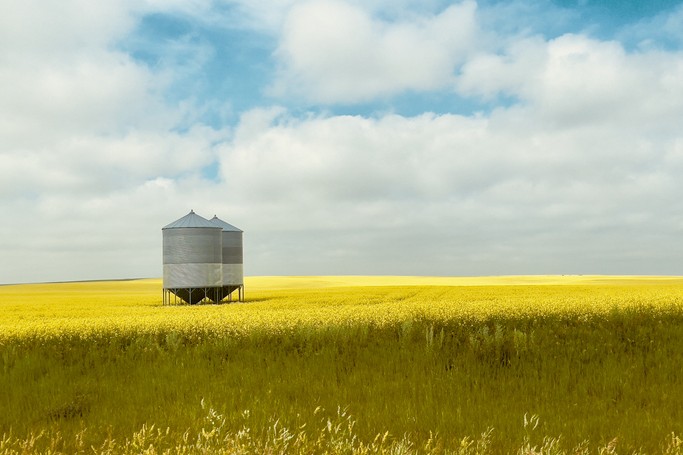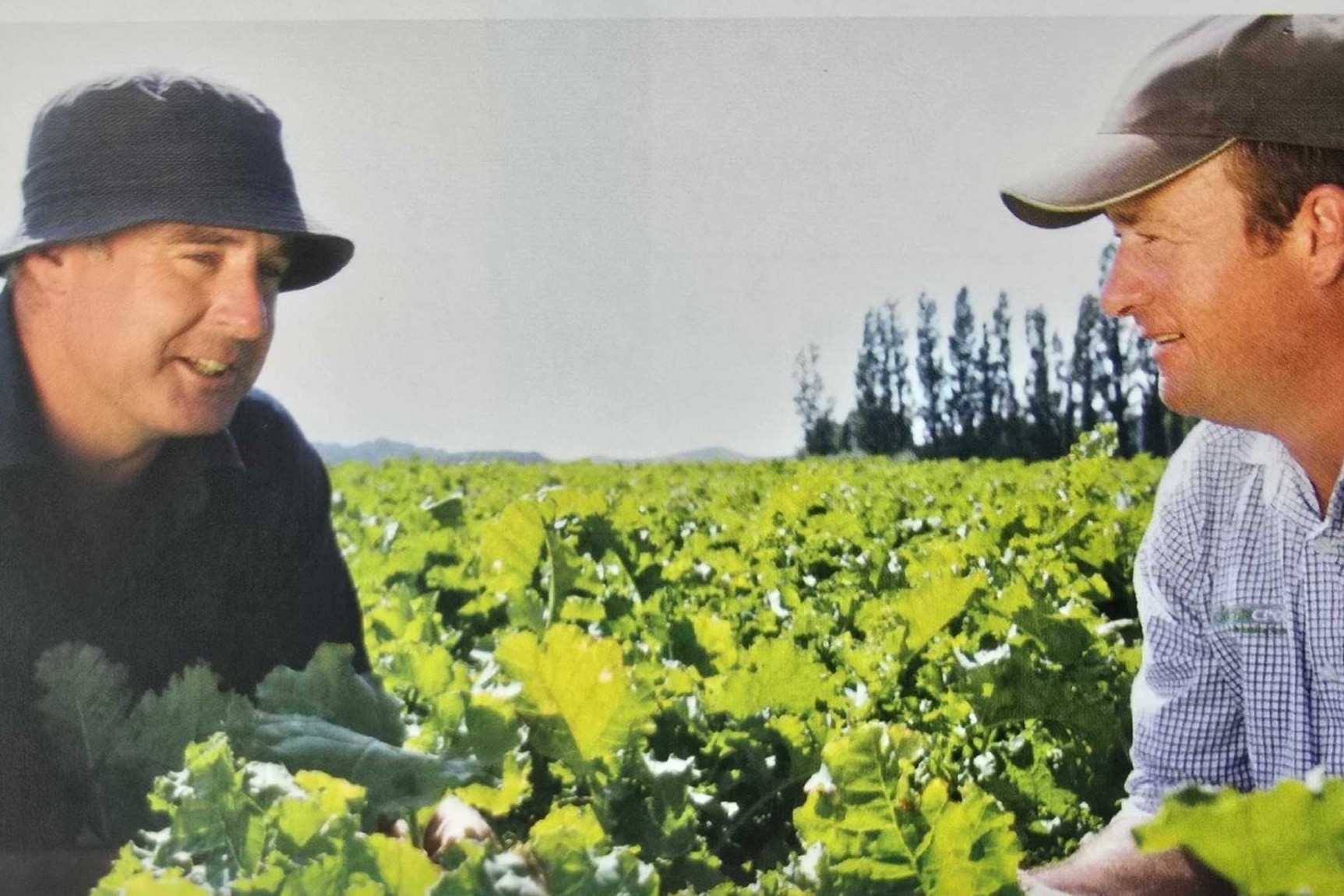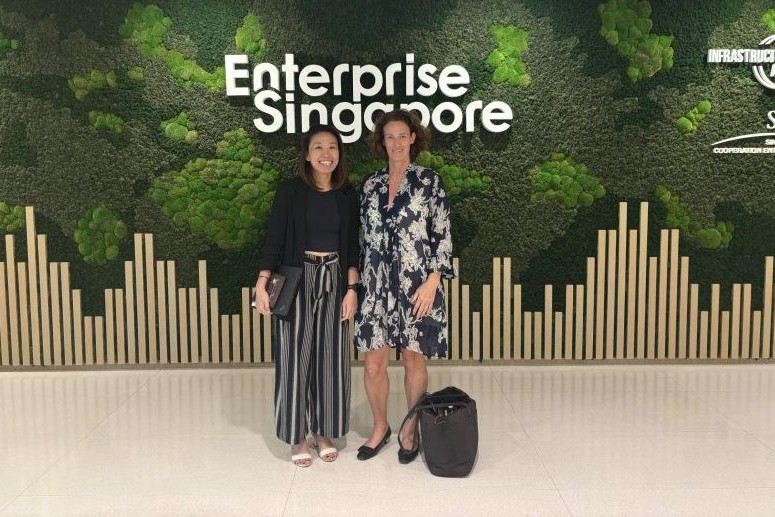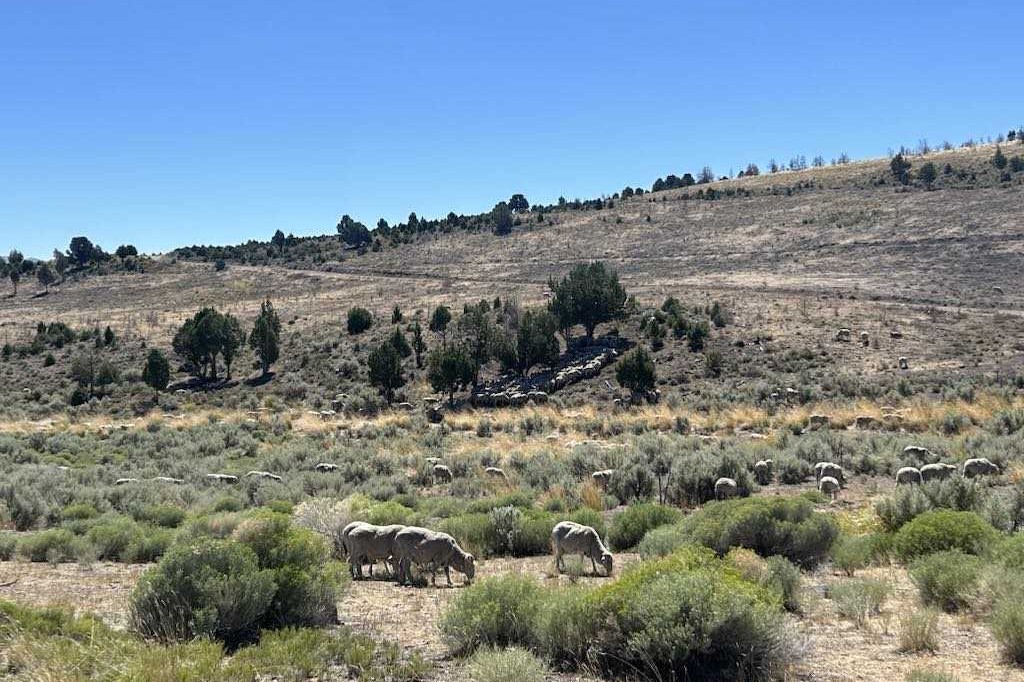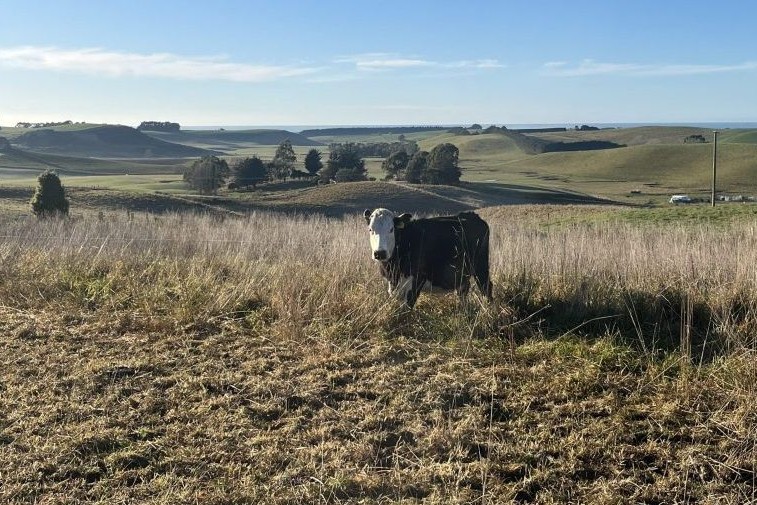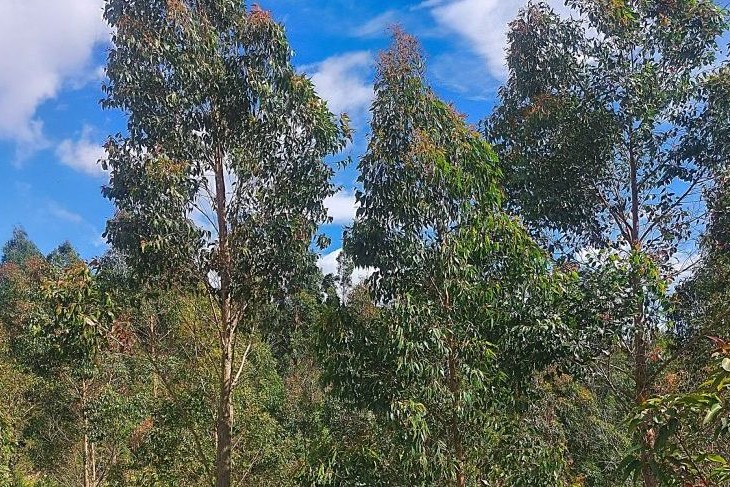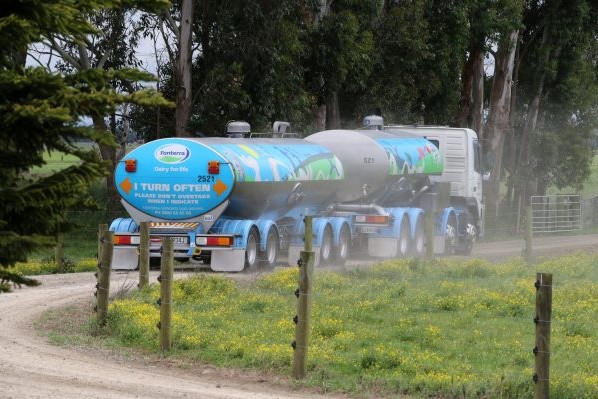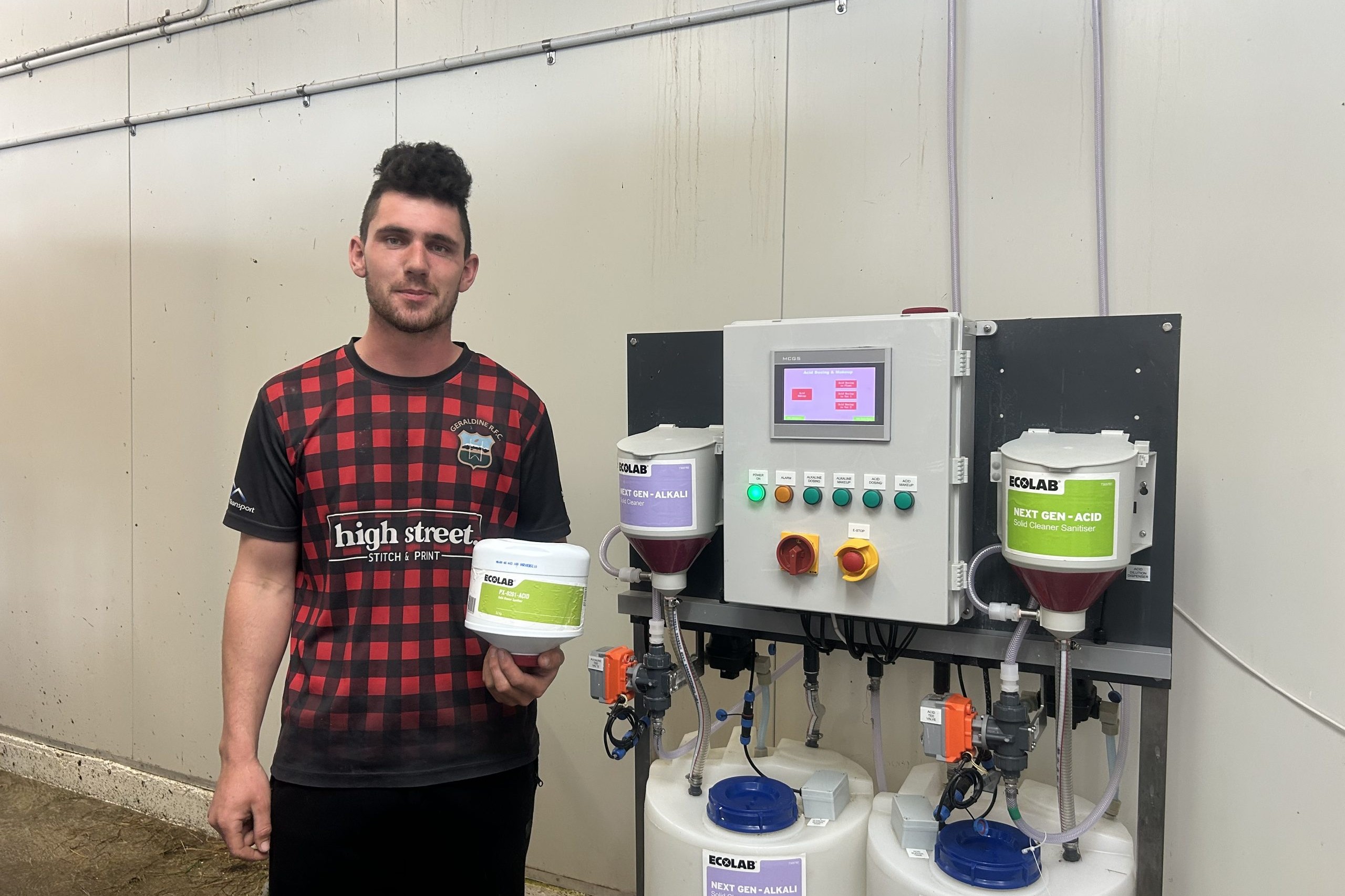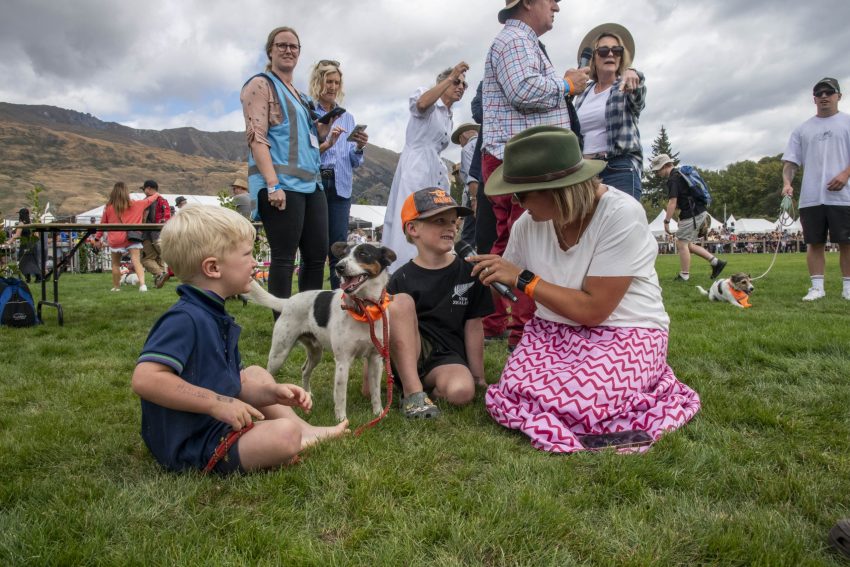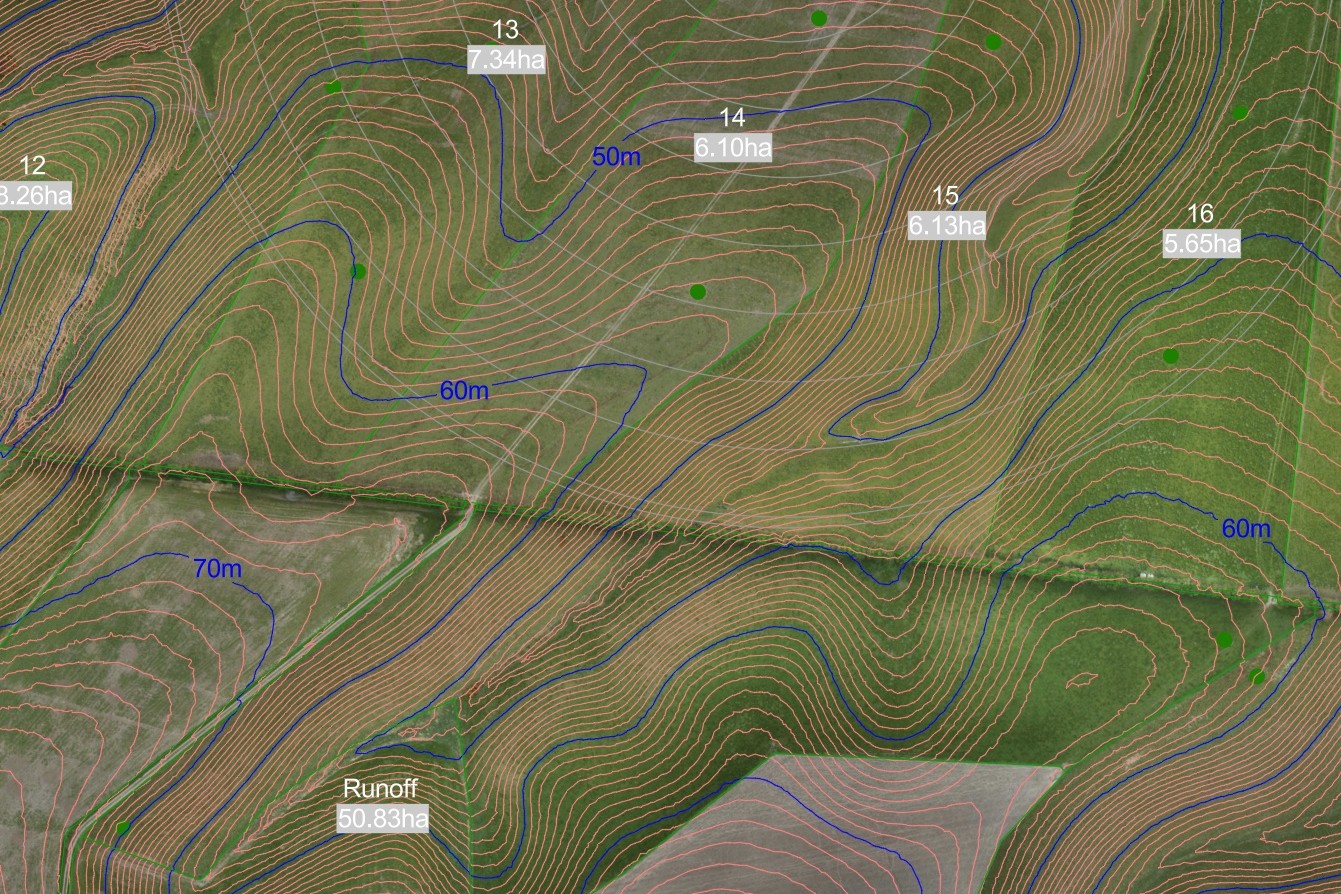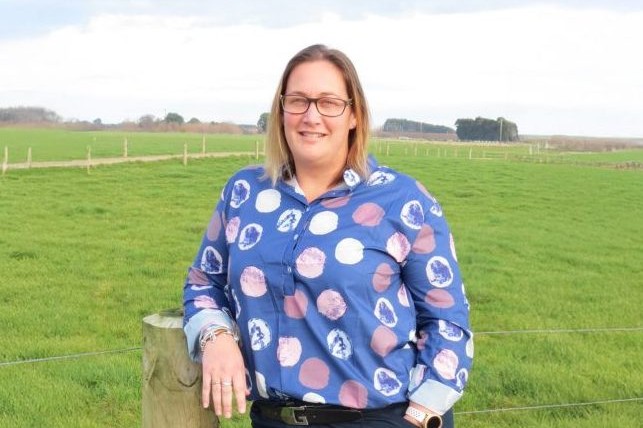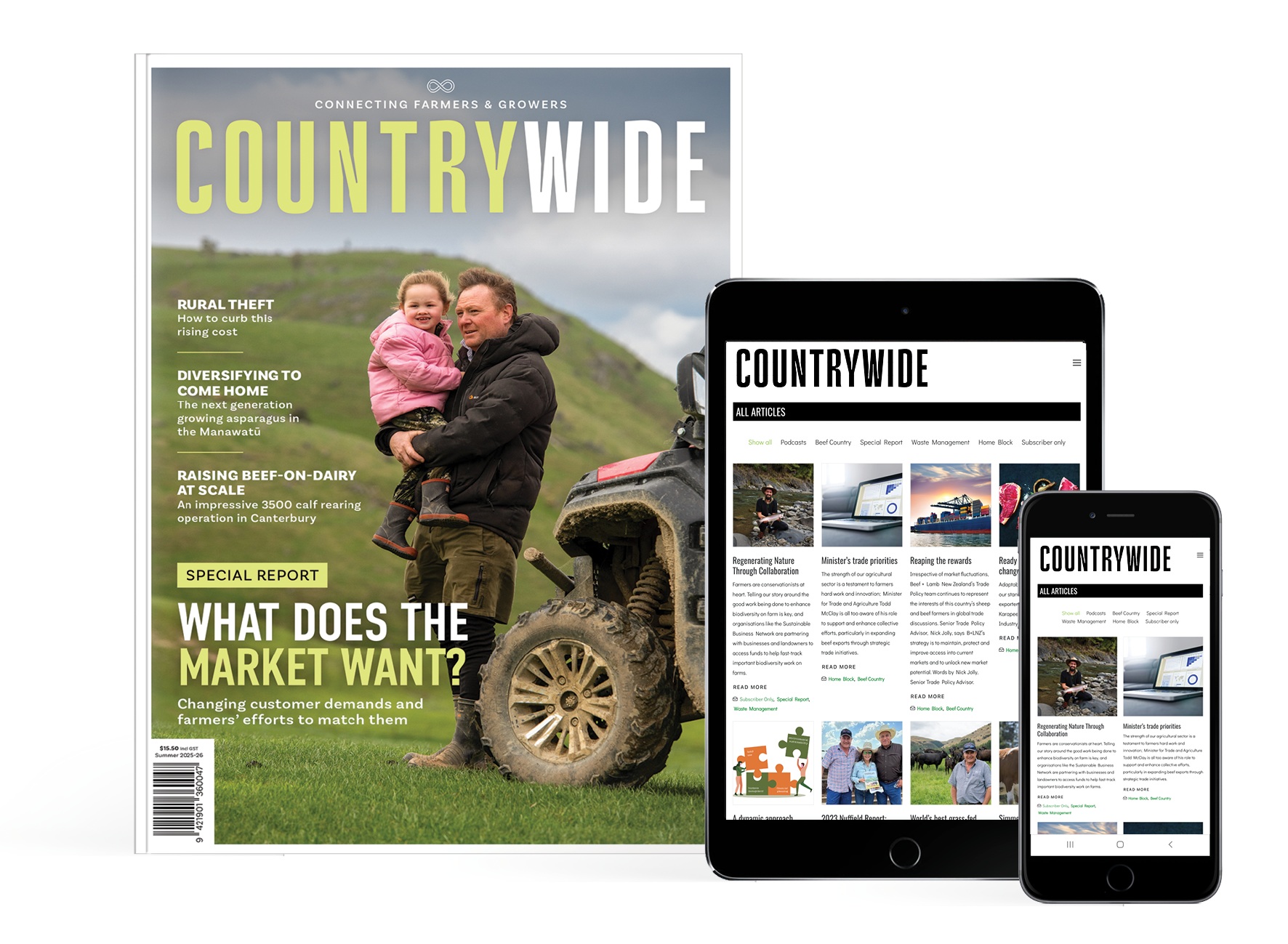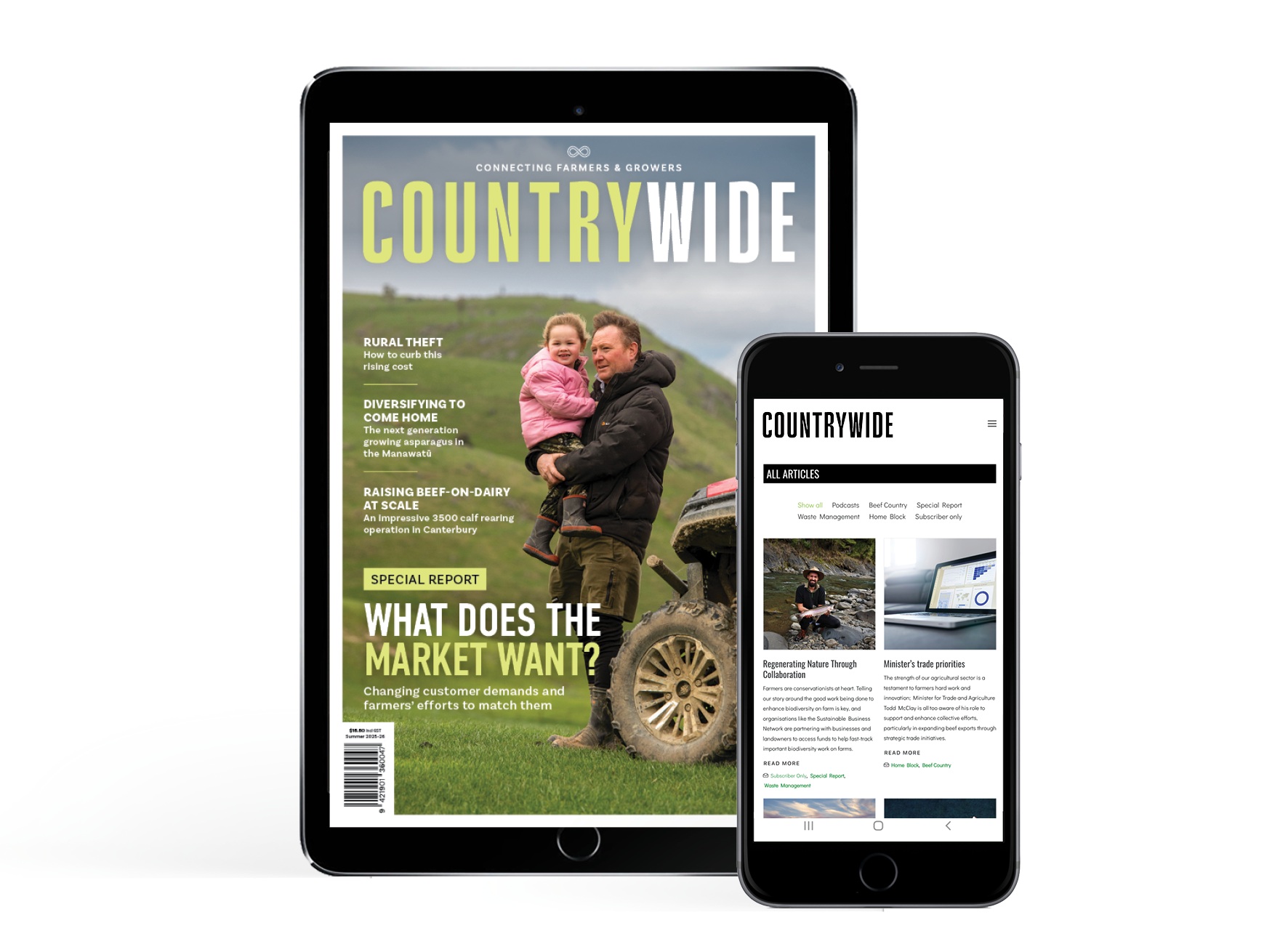Episode 95 – Knowing your soil moisture pays off
In this episode, Jane Robb, Senior Environmental Consultant at Irricon, discusses the evolution of soil moisture monitoring in New Zealand and why it is becoming an essential tool for farm productivity and environmental management. She explains how modern technology helps farmers make smarter irrigation decisions, highlights the importance of matching sensors to different soil types, and outlines what this could mean for improving water use efficiency, nutrient retention, and overall farm resilience.
Keep soil in its place
Heavy rain events provide an opportunity for farmers to record where water is flowing across farms and if mitigation action is needed. Words Heather Chalmers, Photos Abie Horrocks.
Smart predator control: expert advice from the field
Cam Speedy and John Bissell have spent decades helping farmers and conservation projects across the country make real headway against rats, stoats, possums, feral cats and ferrets. Words Allison Hess.
Keeping the Door Open to the EU
Silver Fern Farms, MIA and OSPRI have partnered with Prism Earth’s innovative technology to provide unprecedented insights into farmers’ natural capital that will both provide continued market access to the European Union as well as potential new revenue streams. Words Sarah Perriam-Lampp.
A biodiversity blueprint
In the gullies of Clinton in South Otago, the Campbells have developed an innovative new approach to native planting and maintenance that’s more affordable, has a higher success rate and could be scalable nationally. Words & Photos Sarah Perriam-Lampp.
The Future of Forestry: Time to re-establish a native tree industry?
Parliamentary Commissioner for the Environment Simon Upton is urging a “fundamental rethink” of New Zealand’s forestry policy and its role in emissions reduction in his latest report Alt F Reset which looks at the feasibility of large-scale native afforestation. Words Sarah Perriam-Lampp.
Improving premiums from improving land health
From heavy lambs for Atkins Ranch, to yearling sire bulls for the dairy market, Michael and Jane Cammock at Kouratahi farm in the Wairarapa focus on added value and knowing where their end product is destined for. Words Rebecca Greaves. Photos Brad Hanson.
Rearing at scale
Strengths in the softer skills of building long term relationships, coupled with the collection of robust data, are at the heart of an impressive calf rearing operation in Canterbury that’s home to 3500 calves annually. Words Anne Lee, Photo Holly Lee.
Weaning check impacts lamb cheque
Weaning is a critical period for lamb growth rates. They can easily falter if not timed correctly. Andrew Dowling, Technical Expert – Animal Health at PGG Wrightson, offers practical solutions to help avoid a weaning check that doesn’t bounce in your back pocket. Words Sarah Perriam-Lampp.
Restoring Mana
The transformation of a once-neglected property on the coastal hills on Northland’s Whangaruru Harbour was recognised on the national stage when Whangaroa Ngaiotonga Trust was awarded the 2025 Ahuwhenua Trophy. Words Sarah Perriam-Lampp.
Lifting Feed Efficiency
The Turnwald family in Waikato have invested in composting barns and a feedpad to lift feed efficiency by reducing feed waste and ultimately helping cows hold condition year-round. Words Sheryl Haitana.
Cropping in Canada
Born and raised in farming communities in the Waikato, Saskatchewan arable farmer, Sean Case, shares the contrast where farming liquid gold is very different.
Time to take ownership of your crops
Now back farming with Align Farms, after a 6 year stint working in agronomy roles, Will Perriam-Lampp shares his thoughts on farmers taking ownership over their crops and farm systems to avoid being sold whatever drives up their driveway.
Farming the next 50 years
After her recent overseas trips and time spent in many governance roles, such as Deer Industry NZ and Wai Wānaka, Dr Mandy Bell, farming with her husband Jerry at Criffel Station near Wānaka, challenges our sector’s vision towards a healthy outcome.
Leave Tariffs to the Farmers
Hank Volger started ranching in 1971 in Spring Valley at the tip of Nevada, south of Las Vegas, near the Arizona border with two cows and seven sheep. His business Needmore Sheep Co has over 7,000 merino ewes shorn mostly by Kiwi shearers.
From Butter to Beef: Rethinking Our Food System
Jo Hay farms near Herbert in North Otago on 260ha plus a lease of 410ha at Moeraki with husband Ross and children Charlie, Phoebe and Archie. She is also an elected director of North Otago Irrigation Company Ltd.
What does the market want?
New Zealand is renowned for producing safe, nutritious food with ethical farming practices. This special report explores how food and fashion brands are meeting changing customer demands and our farmers’ efforts to match the evolving requirements with evidence. Words Anne Lee & Sarah Perriam-Lampp.
Shed or Shear?
Kate Kellick’s Kellogg report calls for a shift towards shedding sheep as a solution to the pressing issues facing New Zealand’s sheep farming industry. Words Sarah Perriam-Lampp.
Diversification Pays the Bills
A UK YouTuber farmer with 14 different income streams shared his entrepreneurial recipe as a recent keynote speaker at the Foundation for Arable Research conference. Words Heather Chalmers.
Integrating Forestry Into Sheep & Beef Farming
How can sheep and beef farmers see forestry as more than a binary choice between farming and full conversion to pine plantations? New Zealand Institute of Forestry registered Forestry Consultant Peter Handford showcases the business case for sheep and beef operations to integrate forestry to support overall farm management and profitability. Words Peter Handford, Groundtruth.
Price Hedging Options Expand
As the demand for price hedging to manage volatility grows, Fonterra has expanded its Price Risk Management services to offer farmers greater flexibility in managing milk price volatility. Words Sheryl Haitana.
MORE
Milk quality with ease
A new, global-first, cleaning technology is creating peace of mind for farmers and a safer work environment. Words Anne Lee.
Uncovering the secrets of ‘good mums’
A groundbreaking new sheep trial is set to find the link between lamb survival rates and flock resilience by delving into the crucial role of ewes as ‘good mums’ aiming to significantly impact the country’s sheep sector. Words Sarah Perriam-Lampp.
Counting crops
Taking a bird’s eye view is bringing a level of accuracy to a range of on-farm practices, allowing precise plant counts for crops such as fodder beet and giving pinpoint positioning of disease issues. Words Anne Lee.
Insights from farm data show emission cutting opportunities
Data is providing some good news for dairy farmers and it’s a win-win for profit and the environment. Words Anne Lee.

